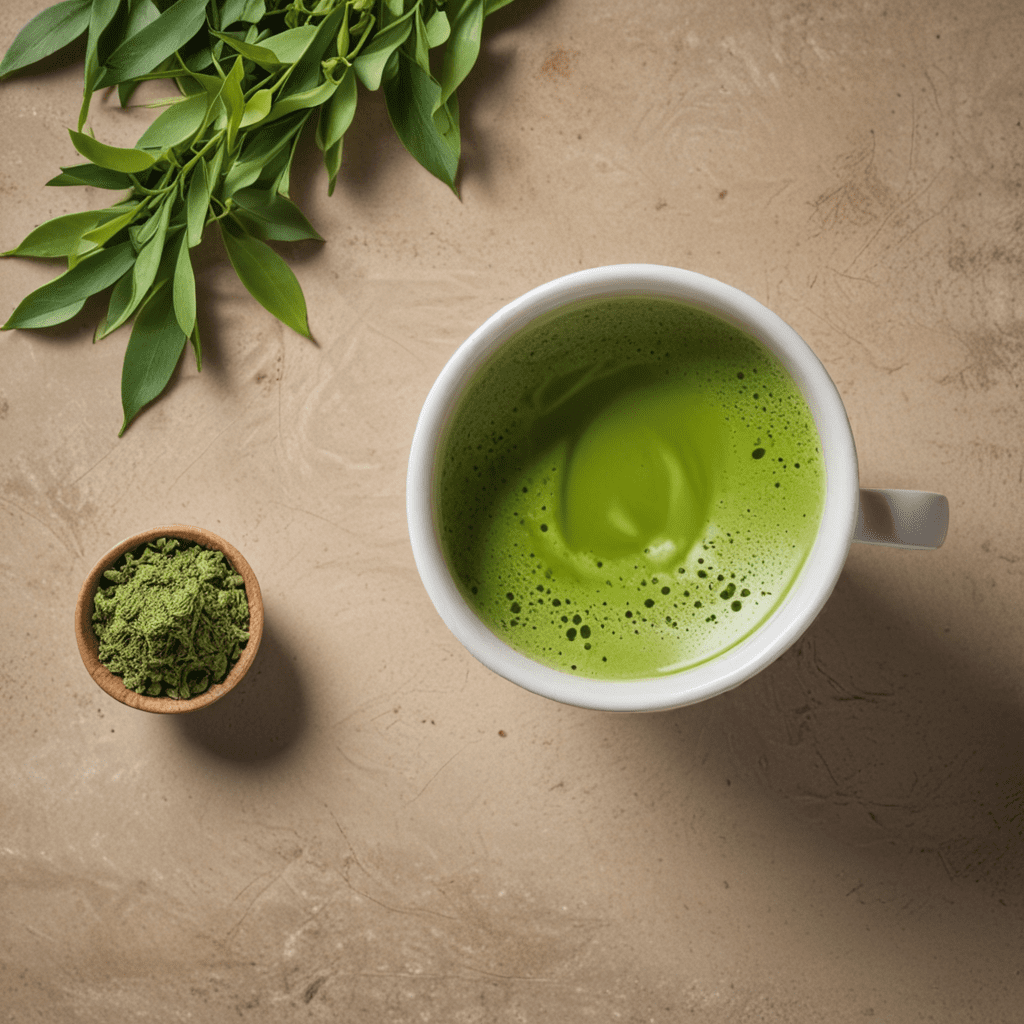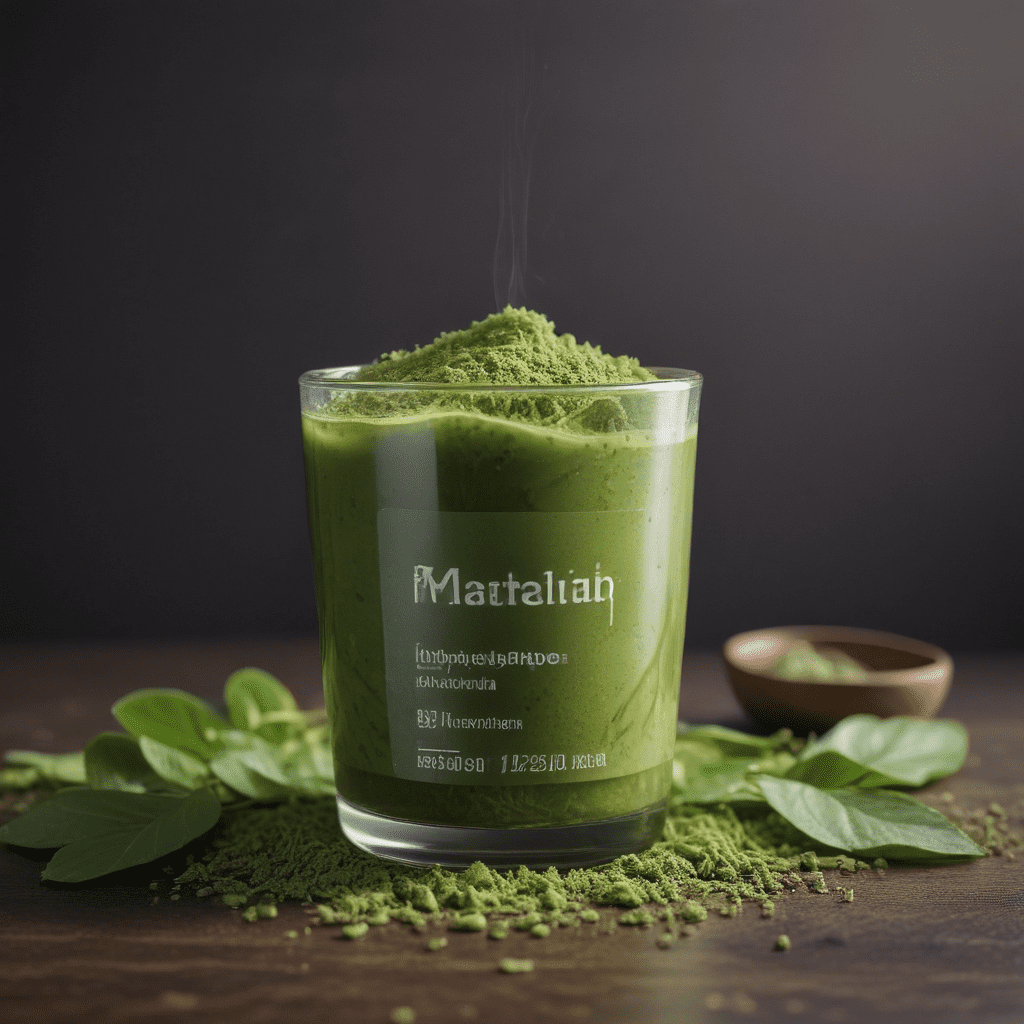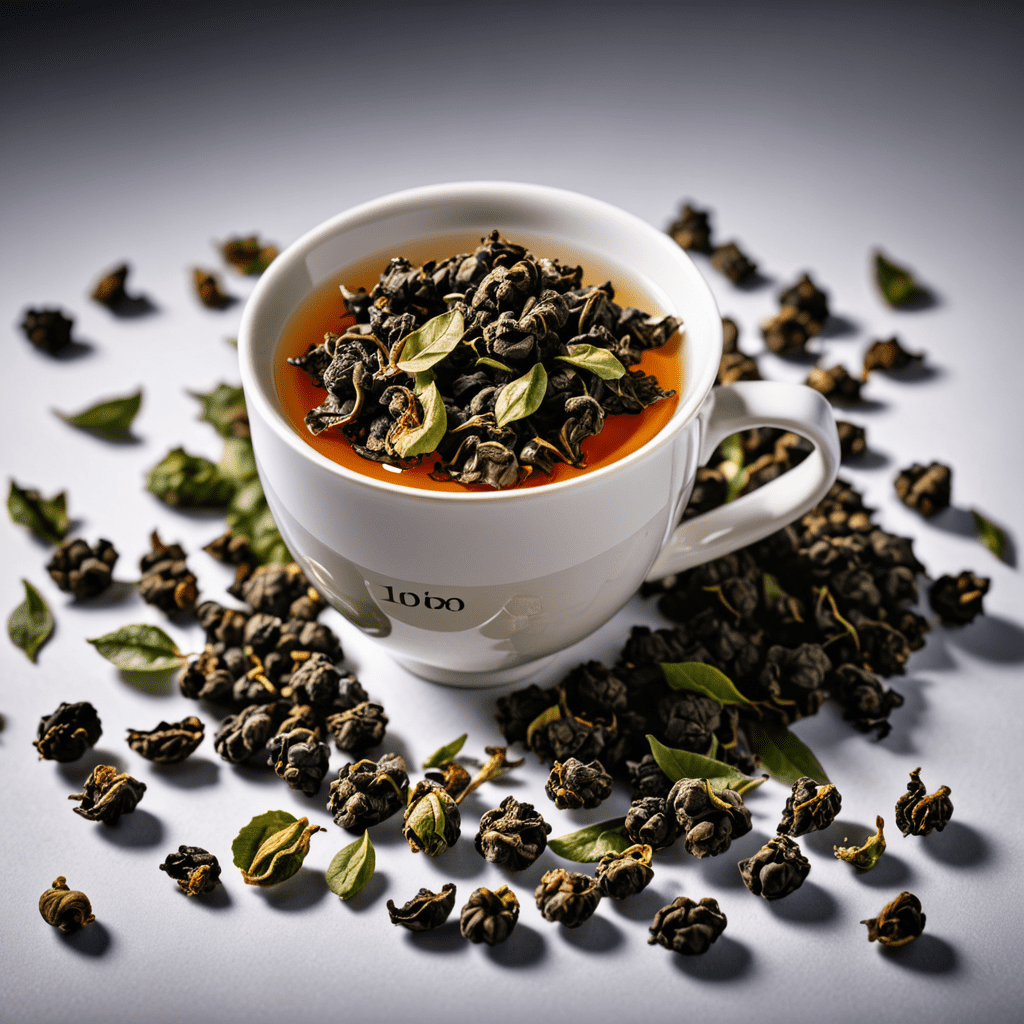Introduction
Matcha and green tea, both derived from the Camellia sinensis plant, have gained immense popularity globally due to their purported health benefits. While both beverages share certain similarities, they differ in their processing, nutritional content, and potential health effects. This article aims to provide a comprehensive comparison of matcha vs green tea, exploring their respective benefits and drawbacks to determine which is the healthier choice.
Definition of Matcha and Green Tea
Matcha is a finely ground green tea powder, traditionally used in Japanese tea ceremonies. Unlike regular green tea, where the leaves are steeped in hot water and discarded, matcha involves consuming the entire leaf, resulting in a more concentrated source of nutrients and antioxidants.
Green tea, on the other hand, is made by steeping the leaves of the Camellia sinensis plant in hot water for a short duration. The leaves are then removed, leaving behind a flavorful and refreshing beverage. Various types of green tea exist, including sencha, gyokuro, and longjing, each with unique flavor profiles and brewing methods.
6. Health Benefits of Matcha
Matcha is renowned for its exceptional nutrient density and potent antioxidant properties. It contains:
High levels of antioxidants: Matcha is particularly rich in catechins, a type of flavonoid antioxidant with powerful disease-fighting capabilities.
L-theanine: This amino acid promotes relaxation and tranquility while enhancing cognitive function.
Vitamins, minerals, and fiber: Matcha provides a wealth of nutrients, including vitamin C, vitamin K, potassium, calcium, and fiber.
Its health benefits include:
Boosted metabolism: Matcha contains caffeine, which can stimulate metabolism and increase energy levels.
Improved cognitive function: Catechins and L-theanine in matcha have been linked to improved memory, attention, and focus.
Reduced inflammation: Antioxidants in matcha can help reduce inflammation throughout the body, potentially lowering the risk of chronic diseases.
- Protection against certain cancers: Studies suggest that the catechins in matcha may have anticancer effects, particularly against prostate and breast cancer.
7. Health Benefits of Green Tea
Green tea also offers a range of health benefits due to its rich antioxidant content:
Reduced risk of heart disease: Antioxidants in green tea have been shown to lower cholesterol levels and improve blood flow, reducing the risk of heart attacks and strokes.
Improved brain health: Catechins in green tea may protect against neurodegenerative diseases like Alzheimer's and Parkinson's.
Increased fat oxidation: Green tea can boost metabolism and promote fat burning, aiding weight management.
- Protection against certain cancers: Studies have linked green tea consumption to a reduced risk of certain cancers, including breast, lung, and prostate cancer.
8. Which One Is Healthier?
Both matcha and green tea offer impressive health benefits. However, matcha is generally considered the healthier choice due to its:
Higher nutrient density: Matcha contains a more concentrated source of nutrients and antioxidants than regular green tea.
Increased absorption: Consuming the entire leaf in matcha allows for better absorption of nutrients compared to steeping green tea leaves.
Greater antioxidant power: Matcha has higher levels of catechins, the potent antioxidants responsible for many of its health benefits.
9. How to Consume Matcha and Green Tea
Matcha: Matcha can be whisked into hot or cold water to create a flavorful and nutrient-dense beverage. It can also be added to smoothies, desserts, and baked goods.
Green tea: Green tea is typically prepared by steeping the leaves in hot water for a few minutes. It can be enjoyed on its own or with honey, lemon, or mint.
10. Side Effects and Precautions
Both matcha and green tea are generally safe for consumption. However, excessive intake may lead to side effects such as caffeine sensitivity, anxiety, or digestive issues. Individuals with certain medical conditions or taking medications should consult a healthcare professional before consuming large amounts of matcha or green tea.
FAQ
Q: Which is better for weight loss, matcha or green tea?
A: Both matcha and green tea can aid weight loss by boosting metabolism and promoting fat oxidation. However, matcha may have a slight edge due to its higher nutrient density and antioxidant content.
Q: Can I drink matcha and green tea together?
A: Yes, you can combine matcha and green tea to enhance the health benefits. However, be mindful of caffeine intake and limit consumption to moderate amounts.
Q: Which is more caffeinated, matcha or green tea?
A: Matcha generally contains higher levels of caffeine than regular green tea due to its concentrated form. However, the specific caffeine content can vary depending on the type and preparation method.


